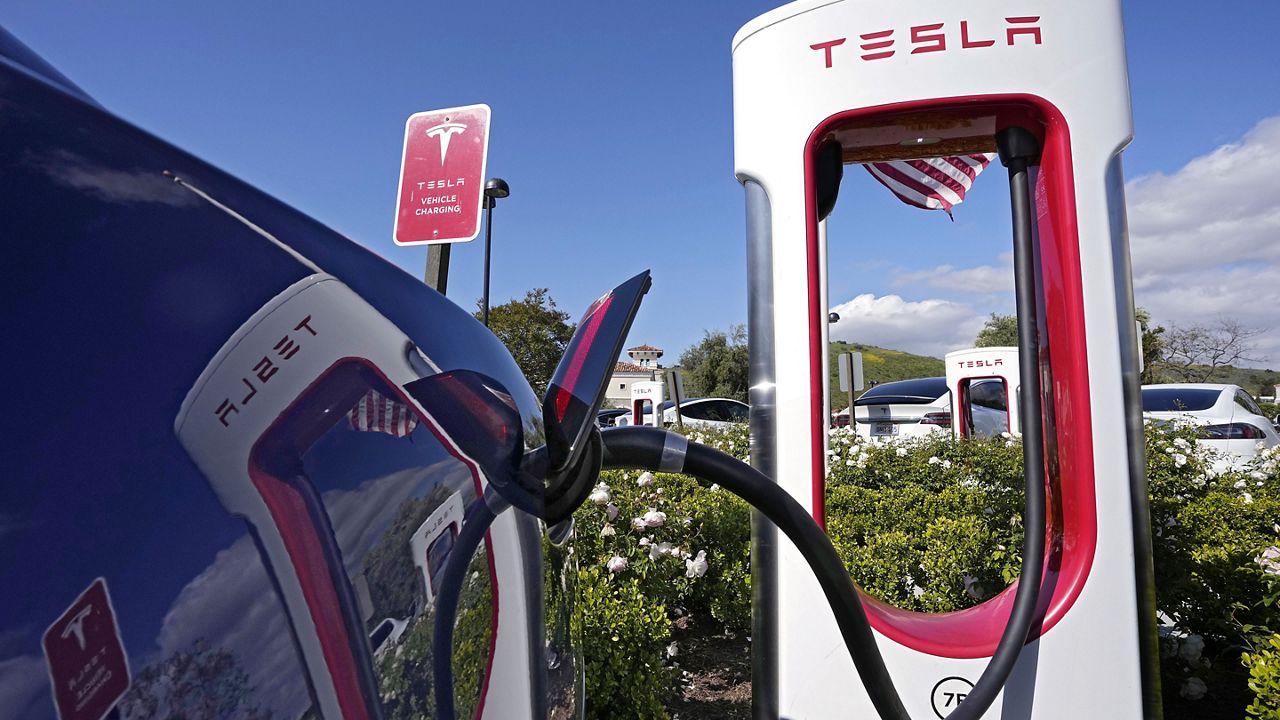EVs eligible for $7,500 federal tax credit could drop in 2024
EVs eligible for $7,500 tax credit could drop in 2024 Spectrum News 1


The U.S. Treasury Department’s Rule on Electric Vehicle Tax Credit

The U.S. Treasury Department has issued a clarification on a rule that may impact the eligibility of electric vehicles for the $7,500 federal tax credit in the coming year. Starting from January 1, as part of the Inflation Reduction Act, automakers that source electric vehicle battery components from a foreign entity of concern, such as China, will no longer be eligible for the tax credit.
Fifteen months after the Inflation Reduction Act (IRA) was signed into law, the U.S. Treasury Department has finally provided a more concise definition of “foreign entity of concern.” This definition now includes any company based in China, including U.S. subsidiaries and companies with at least 25% control by Chinese state entities.
John Bozzella, the Chief Executive of the Alliance for Automotive Innovation, expressed relief that the list of eligible vehicles will not completely disappear in 2024, as previously feared. However, it is still uncertain how the new rule regarding foreign entities will impact the number of electric vehicles that qualify for the federal tax credit next year.
Currently, out of the 103 electric vehicle models available in the market, only 20 qualify for the $7,500 federal tax credit. This is due to a new IRA rule that came into effect on January 1, 2023, which requires EVs to be assembled in North America to be eligible for the tax credit.
Additionally, the new IRA rule mandates that 40% of minerals and 50% of battery components used in EV production must come from North America or countries with which the U.S. has a free trade agreement. As of December 31, the rule specifies that no EV tax credit will be permitted if any component in the EV battery is sourced from a problematic country like China.
The Treasury Department acknowledges the challenges of transitioning to electric vehicles in the U.S. and aims to strike a balance. However, China currently produces about 75% of all lithium-ion batteries globally, while the U.S. only produces 7%. Since China is not a free trade partner with the U.S., EV component materials need to be sourced domestically or from trading partners like Australia, Canada, Chile, and Korea.
Although efforts are being made to source more minerals used in EVs within the U.S., it will take time and investment to extract them. The Trump administration initiated a strategy in 2019 to locate domestic supplies of critical minerals, and the Biden administration has further supported this effort with funding for mapping critical minerals through the Bipartisan Infrastructure Law.
However, it remains uncertain whether the U.S. and its trade partners can reliably source enough cobalt, lithium, and other minerals needed for EV production as quickly as required by the Inflation Reduction Act. This is especially challenging as automakers plan to significantly increase EV production.
Major automakers like General Motors and Ford have committed to phasing out gas-powered cars and transitioning to zero-emission vehicles within the next few decades. Sales of hybrid, plug-in hybrid, and battery electric vehicles have already reached a new record, accounting for 18% of new passenger vehicle sales in the third quarter of 2023, according to Wards Intelligence.

Join us, as fellow seekers of change, on a transformative journey at https://sdgtalks.ai/welcome, where you can become a member and actively contribute to shaping a brighter future.







